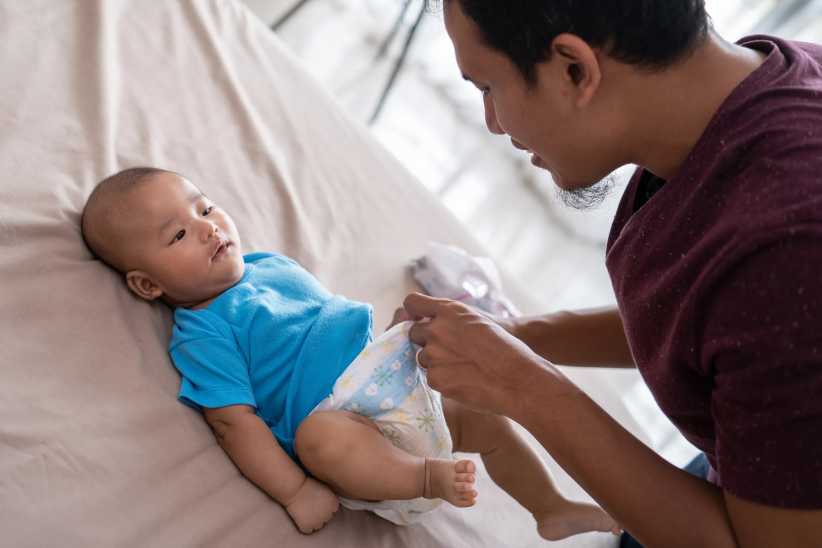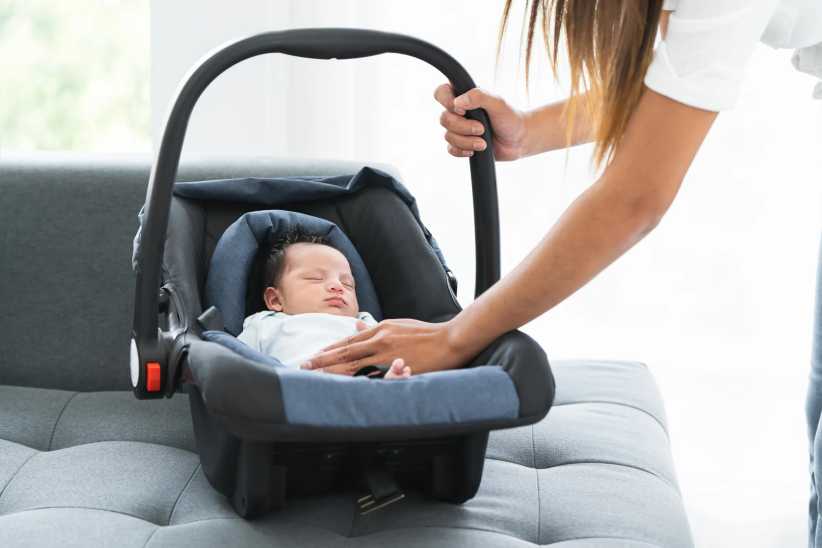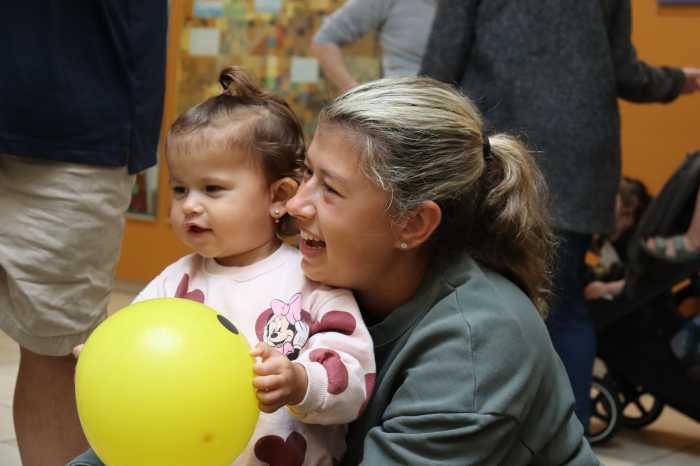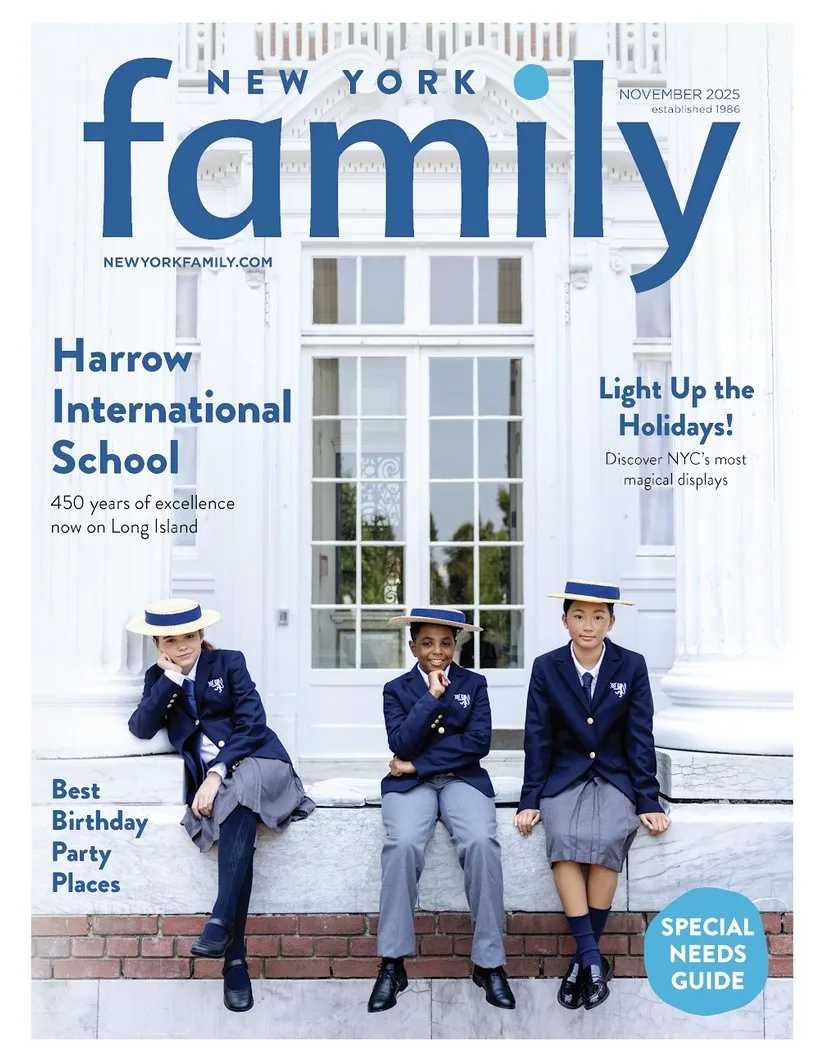
In a recent Teacher Training weekend, one of the trainees opened up about a conversation she had with her father. When she started to share some of her new ideas of involving less intervention and trusting the woman’s innate ability to birth, her father expressed that she was “drinking the Kool-Aid of the crunchy, granola ideas of childbirth.” He believes, we have all this technology to help with childbirth so it’s ridiculous not to use it. The father’s point of view is, unfortunately, not uncommon. Ironically, with all the technology that is now available, the welfare of mother and baby in the US is not boding well.
The American way of birthing is currently the most costly in the world! According to the New York Times: “Childbirth in the United States is uniquely expensive, and maternity and newborn care constitute the single biggest category of hospital payouts for most commercial insurers and state Medicaid programs. The cumulative costs of approximately 4 million annual births is well over $50 billion.” And from another New York Times article from 2012: The average “conventional delivery in the US is $9,775, and a cesarean birth comes in at $15,041.” Compare this to a country like the Netherlands, a conventional birth is reported as $2,669 and a cesarean birth is $5,328. Based on those numbers, one may think: “Well, if we are investing so much more in our births and medical system, the outcome for mother and baby must be favorable.” Sadly, that is not the case. The US pays three times as much for an individual birth compared to the Netherlands, who’s birth stats and satisfaction far exceed that of the US mother.
Besides cost, the US is showing poor results in both infant and maternal mortality rates compared to other developed countries. While this discovery is not new, it is something to consider in terms of how well we are caring for mothers and babies. In a study from the Institute for Health Metrics and Evaluation at the University of Washington, the researchers estimated that 18.5 mothers died for every 100,000 births in the US in 2013, a total of almost 800 deaths. That is more than double the maternal mortality rate in Saudi Arabia and Canada, and more than triple the rate in the United Kingdom (according to the Huffington Post). In terms of infant mortality rate, the US is also problematic. According to the Center for Disease Control, the US ranks below Slovakia, coming in at 6.1 infant deaths per 1,000 live births.
I think we can now all agree even with the high rate of medical technology and the soaring cost of childbirth, the United States is still in a sorry state. Let’s start to dig a little deeper at what the women in the US are experiencing in birth and the effect it has. Are women satisfied with their experience? Are they feeling supported? Is all this technology liberating birth or confining it and dehumanizing it for many women?
According to the Listening To Mother’s III Survey, which includes more than 1500 women, 56 percent of the participants met the criteria for depression postpartum. An even more staggering statistic is:
Nine percent of women met full-criteria for post traumatic stress disorder (PTSD) following their births, and an additional 18% had post-traumatic symptoms. Here is the really jaw dropping comparison: In the weeks following September 11th, 7.5 percent of residents of lower Manhattan met full criteria for PTSD.
US women are more traumatized from their birth than after a terrorist attack!
Is this just the nature of birth? It appears to vary by culture. For example, In Iran, more than 50 percent of women reported childbirth traumatic. On the other end of the spectrum, in a Dutch study of women in the Netherlands, PTSD following childbirth was found in 1.2 percent of the respondents. In Sweden, 1.3 percent of mothers had PTSD and 9 percent described their births as traumatic births. In the US, 45.5 percent of women reported a traumatic birth according to the Diagnostic and Statistical Manual of Mental Disorders (DSM-IV). These numbers speak very loudly to the care women are receiving during birth and the lack of support women have postpartum.
What can we do to help women? For those whom experienced trauma after birth, please seek help. You are not to blame for what happened to you. For many moms who undergo a traumatic birth experience, they have a hard time connecting to their baby and establishing healthy breastfeeding. Partners and friends should allow the mother to process her experience. It is so invalidating to the mother to just point out that her baby is safe and healthy so the birth process shouldn’t matter.
Some women actually used such words as “barbaric,” “inhumane,” “intrusive,” “horrific,” and “degrading” to describe the mistreatment they received from healthcare professionals.
For these women, it would be extremely detrimental not to acknowledge their personal experience. Encourage the mother to seek professional help, join a support group, or try Eye Movement Desensitization and Reprocessing (EMDR)–a mindbody therapy designed to help people heal from disturbing events or trauma.
In terms of helping women prenatally, parents are encouraged to take an active role in their maternity care. Learn about the birth process, choices they have and the possible interventions they may encounter. The parents should understand the pros and cons of the possible interventions so they are not surprised by what it entails. I had a student report she felt “so tethered up” by the various devices attached to her (blood pressure cuff, External Fetal Monitor, IV fluid, epidural, catheter, oximeter), she felt her choice of movement was extremely limited. This particular student described a major shift in her birth experience once the devices where introduced. Before hand, she said felt “animal-like”; moving and moaning. Afterwards, she said she felt like a “sick patient”; hooked up and restrained. It is also imperative women take the time to interview and find a care provider they trust. Finally, consider finding the support of a doula or someone other than just your partner who can offer continuous labor support.
I do not believe there was likely ill-intention behind the care providers’ motives and actions from those who reported trauma. However, I do think we are victims of a broken system. Birth in our country has become dehumanized for many. The paradigm of birth in our country and many of the birth practices, protocols and restrictions do not allow for women to honor and explore their innate wisdom uninhibitedly. It is wonderful that we do have technology for when it is truly needed. It is unfortunate that much of our technology has unquestionably become standard practice for low risk women, although still not providing for a safer environment for mothers and babies. It makes sense that serious illness and disease can traumatize one’s life, but childbirth is not a disease and should not leave women shattered in it’s wake. It is time to rethink how we treat women in labor and bring the natural beauty back to childbirth.
Debra Flashenberg is the founder of the Prenatal Yoga Center. She is a certified doula, Lamaze coach, midwife, and certified vinyasa yoga instructor. She is continuously in awe of the beauty and brilliance of birth and is the proud mother of baby boy Shay. Visit prenatalyogacenter.com for more info!













